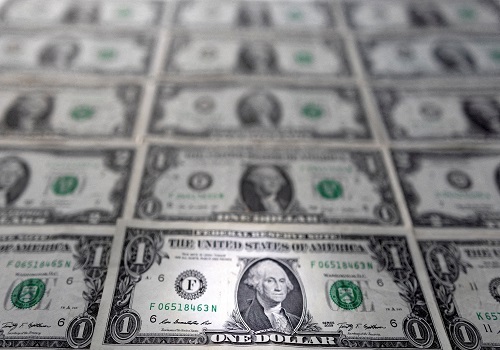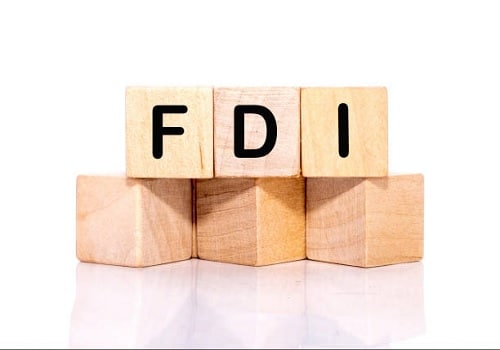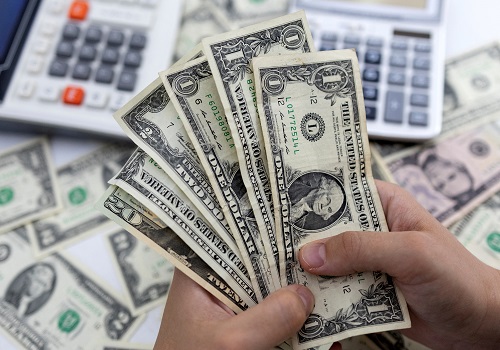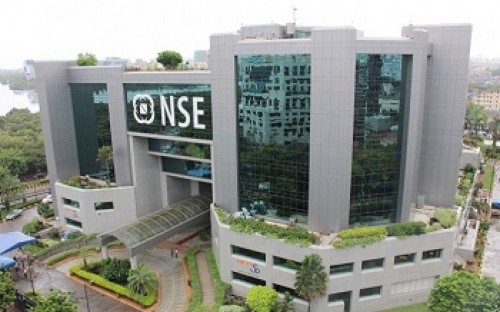Stocks make recovery bid, hemmed in by weakening world economy

Follow us Now on Telegram ! Get daily 10 - 12 important updates on Business, Finance and Investment. Join our Telegram Channel
European stocks rose on Friday and Wall Street was tipped for a firmer open as risks appeared to ease of an immediate political crisis in Italy and two Fed policymakers hosed down expectations of a more aggressive U.S. interest rate rise this month.
Markets are still roiled by concerns that the world economy is headed for recession as central banks rush to get on top of galloping inflation, with steep interest rate rises seen this week in Canada, New Zealand, Chile, South Korea and the Philippines.
Fears of an economic downturn were fanned further on Friday by Chinese data showing annualised 0.4% growth in the second quarter, the worst since at least 1992, excluding early 2020 when the COVID pandemic erupted.
The data reflect the colossal hit from widespread COVID lockdowns. It sent Chinese shares 1.7% lower and dragged an Asian ex-Japan index to two-year lows.
But investors elsewhere looked on the bright side.
"Today's price action... would come down to Fed governors potentially ruling out 100 basis points, so some cooling off of the panic price action we had seen earlier in the week," said Rohan Khanna, a strategist at UBS.
He referred to Thursday's comments by Federal Reserve Governor Christopher Waller and St. Louis Fed President James Bullard.
Considered policy hawks, both officials said they favoured a 75 basis-point rate hike in July rather than the 100 bps some had bet on after data showed June U.S. inflation at 9.1%.
Meanwhile, Italy's president rejected Prime Minister Mario Draghi's resignation, heading off an immediate government collapse of the government though the fate of the coalition remains in balance.
A pan-European equity index rose 0.8%, while Italian shares bounced 1.3%, after Thursday's 3.4% drop. Futures for the S&P 500 and Nasdaq tipped a firmer Wall Street open, rising around 0.3%.
Markets may be pressured however by companies' second-quarter earnings, which so far have mostly underwhelmed.
Several European firms posted downbeat results on Friday, while U.S. bank Wells Fargo reported a profits fall, with more money set aside to cover bad loans.
That follows relatively weak figures from JPMorgan and Morgan Stanley.
U.S. retail sales data on Friday will show how consumers are reacting to rate rises and signs of softer growth.
RECESSIONARY SET-UP
Weakening growth has forced markets to tone down rate hike expectations. With Europe facing an energy supply crunch, traders have dialled back bets on European Central Bank policy tightening by year-end.
U.S. markets are pencilling in rate cuts after March 2023.
"The recession angle is becoming stronger, backed by data showing things are cracking underneath the surface," said Salman Ahmed, global head of macro at Fidelity International.
"We moved rapidly from a stagflationary set-up to more of a recession-dominated one, and very strong inflation is adding to fears that the Fed will need to do more front-loaded tightening."
Treasury yields slipped two-three bps across the curve while two-year yields held firmly bps above the 10-year segment, the curve inversion that often presages recession.
In Europe, German 10-year yields fell 11 bps to 1.071%, the lowest since May 31. Italy's borrowing costs slipped after Thursday's 20 bps jump though its yield premium over Germany stayed near one-month highs.
The Fed officials' comments knocked the dollar index off two-decade highs while the euro rose 0.3% to around $1.00530. The single currency has slid more than 1% this week, having hit parity against the greenback for the first time in 20 years.
The yen firmed 0.2% to 138.8, retreating from lows of almost 140 per dollar, levels last hit in 1998.
The growth worries weighed on commodities, with copper prices set for their worst weekly loss in more than two years and Brent crude, at $101 a barrel, down more than 5% this week.










Tag News

Monthly Debt Market Update, September 2023: CareEdge Ratings





 320-x-100_uti_gold.jpg" alt="Advertisement">
320-x-100_uti_gold.jpg" alt="Advertisement">








